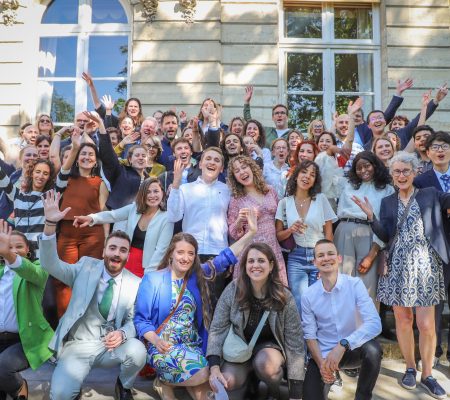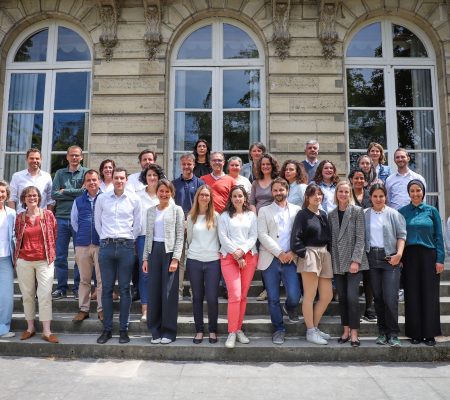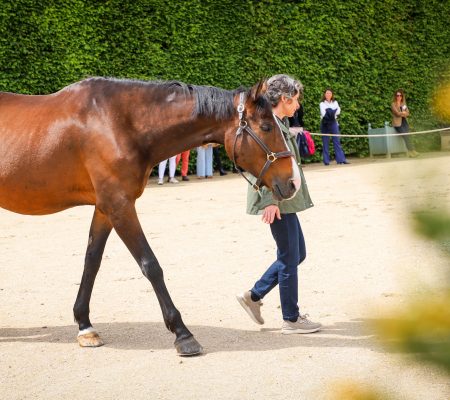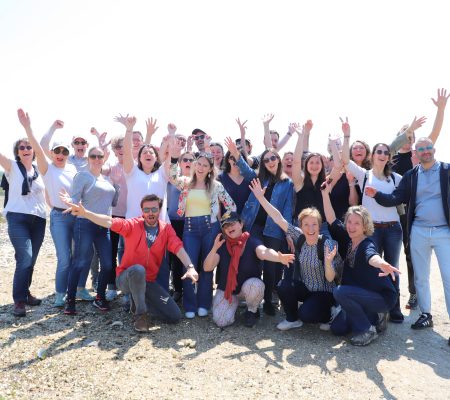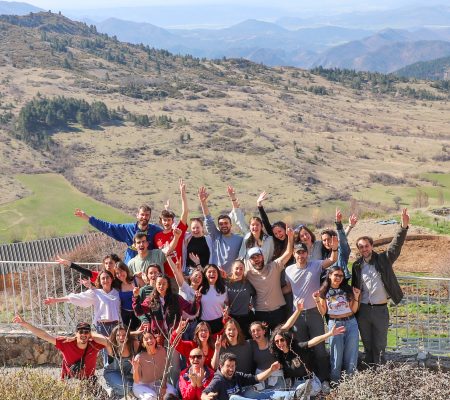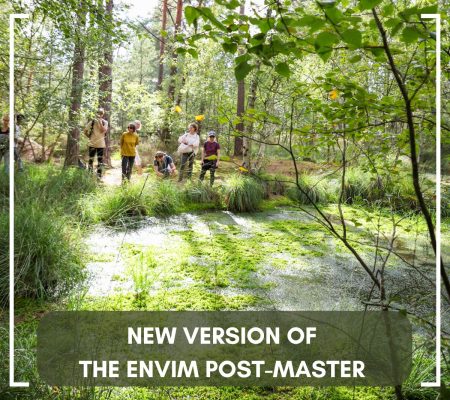THE DRAFT FUTURE FORWARD Summit on Sustainable Higher Education
THE DRAFT
(17-19 octobre 2018) FUTURE FORWARD Summit on Sustainable Higher Education, Brussels.
Responsables scientifiques : Jean Hugé – Social-Ecological Scientist / Nature Conservation & Sustainability Expert / PhD, Jasha Oosterbaan et Cathy Descamps-Large de l’ISIGE Mines Paris
Axe de l’ISIGE Mines Paris-PSL : Axe 3 : Pédagogie des transitions
Financeur : Open University of Netherland, VUB, ULB
WORKSHOP – Tackling wicked problems : “Teaching & researching the planetary boundaries: how to move beyond the gridlock?” inspired by writers like Dawkins & SJ Gould, Ostrom’s work on social-ecological systems and by A. Ghosh
Abstract
This workshop purpose was to focus on linking educational innovations and experiments we conducted in our respective institutions at Mines Paris PSL, VUB Brussels, with research trends and gaps. Dealing higher education program with sustainability challenges could present a somehow negative connotation, such as the physical facts and the reality of planetary boundaries and limits to growth. These imply restrictions and transformations of human actions or could be at least framed like that: how can we ensure that students, teachers and researchers join forces to tackle these challenges ? How can new concepts foster curiosity (rather than despair), trigger actions and lead to results? After a brief presentation of some of our educational experiences, a short practice session and a survey were conducted among the workshop participants, opening the floor for debate and exchange.
Raising awareness is a narrow path, even if individual risk perception is a strong key driver for change or support of policies (Frontel 2017), better not cross the line, making the risk overwhelming and inevitable whatever response! (Singh 2017). Beyond despair and denying, we need inspiration for a fair and sustainable future considering human and nature, a pathway for a new future through a needed collective intelligence.
Objectives and methodology
Tackling wicked problems in educational settings requires a strong methodological and theoretical understanding of these challenges, while doing research on wicked problems is quintessentially a multi-actor endeavor. Research and education hence need to be linked when talking about ‘wickedness’. The possibility to design and apply innovative methods and ways of teaching ‘sustainability’ also provides input for research, while the confrontation of empirically grounded yet highly uncertain future(s) of the planetary boundaries and their trends is both a teaching and a research challenge
Publications
Frontel M. et al, Risk Perception of Climate Change: Empirical Evidence for Germany, Ecological Economics 137 (2017) 173–183
Singh et al 2017 The perceived psychological distance of climate change impacts and its influence on support for adaptation policy, Environmental Science and Policy 73 (2017) 93–99
Inspiration through artists work and Nature “The Rising Tide” – Jason deCaires Taylor London 2015

